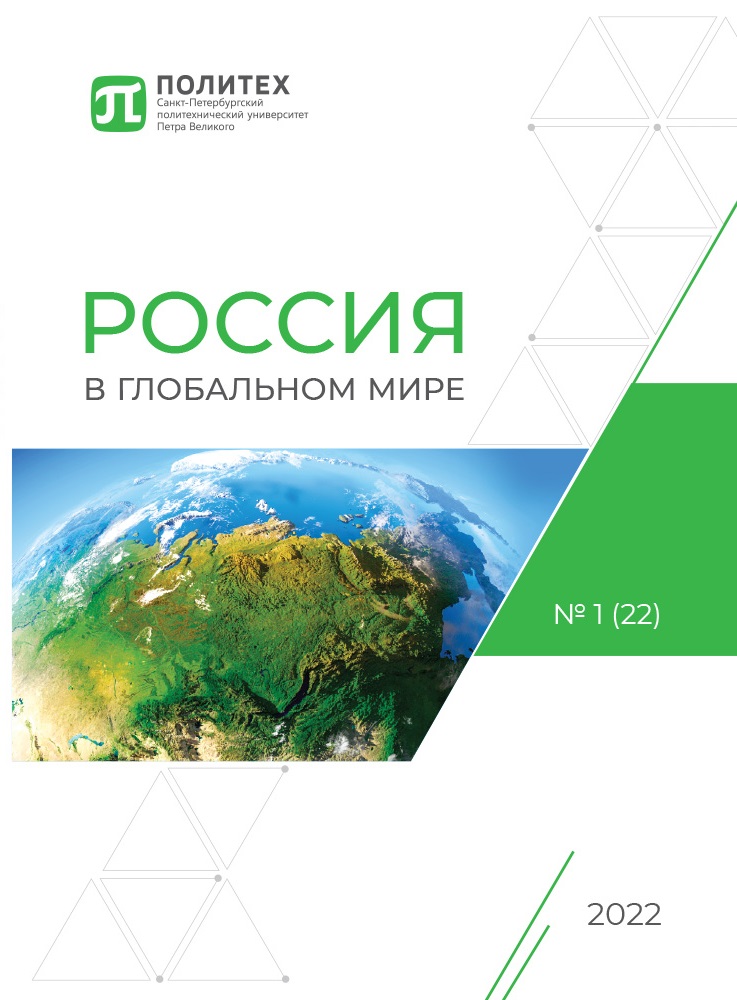Regulatory and legal aspects of international recognition of new States
The article examines the regulatory aspect of the new states’ recognition issue in the XXI century, which is important for the international community. The procedure of international recognition is not unified, which causes disputes and conflicts. The author attempts to develop a universal recognition algorithm based on the international recognition of the newly independent states analysis. The work used hypothetical and systematic methods, the method of expert assessments. Based on the degree of the state recognition by other members of the international community, the author identifies a classification of states. The presented article compares the constitutive and declarative theories of international recognition. According to the results of the study, it can be stated that the states can be divided into three groups based on the policy of recognition of other actors. During the analysis, 3 types of recognition of a new state were identified, which were used depending on the situation and the desire of the recognizing state. The article lists the actions to prevent the escalation of the conflict in the territories with strong separatist sentiments. The special measures are proposed to formalize and unify the process of the new states recognizing, since the conflicts usually arise due to the lack of common rules that all international actors could follow. The practical significance of the article lies in the possibility of using the universal algorithm of international recognition in reality.


